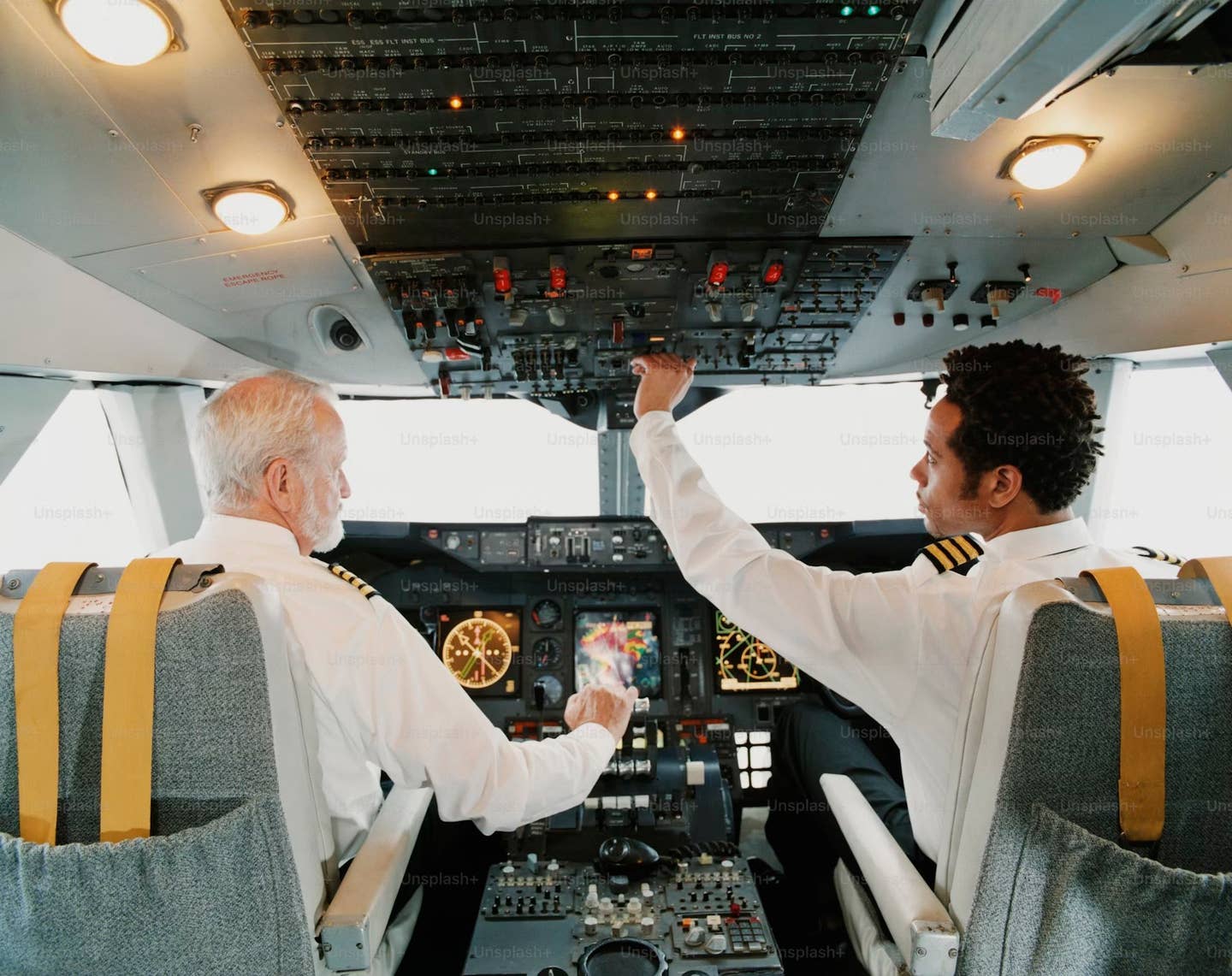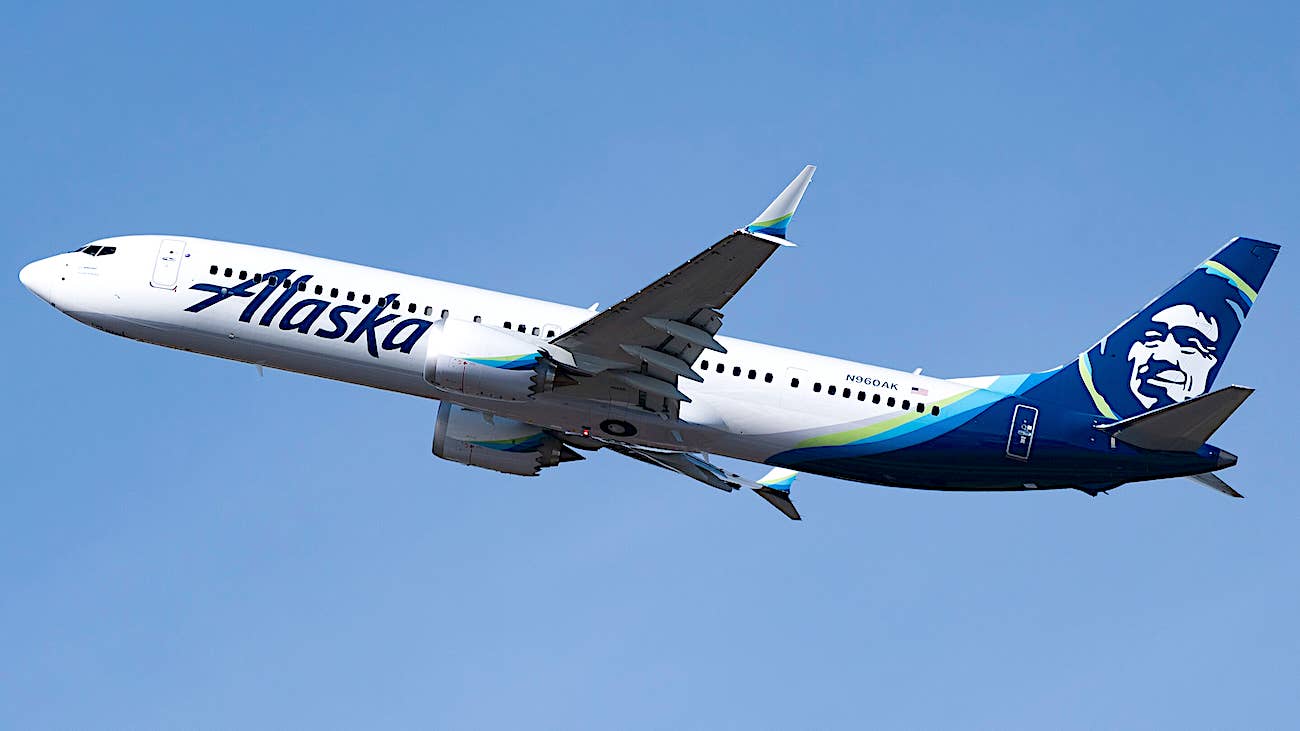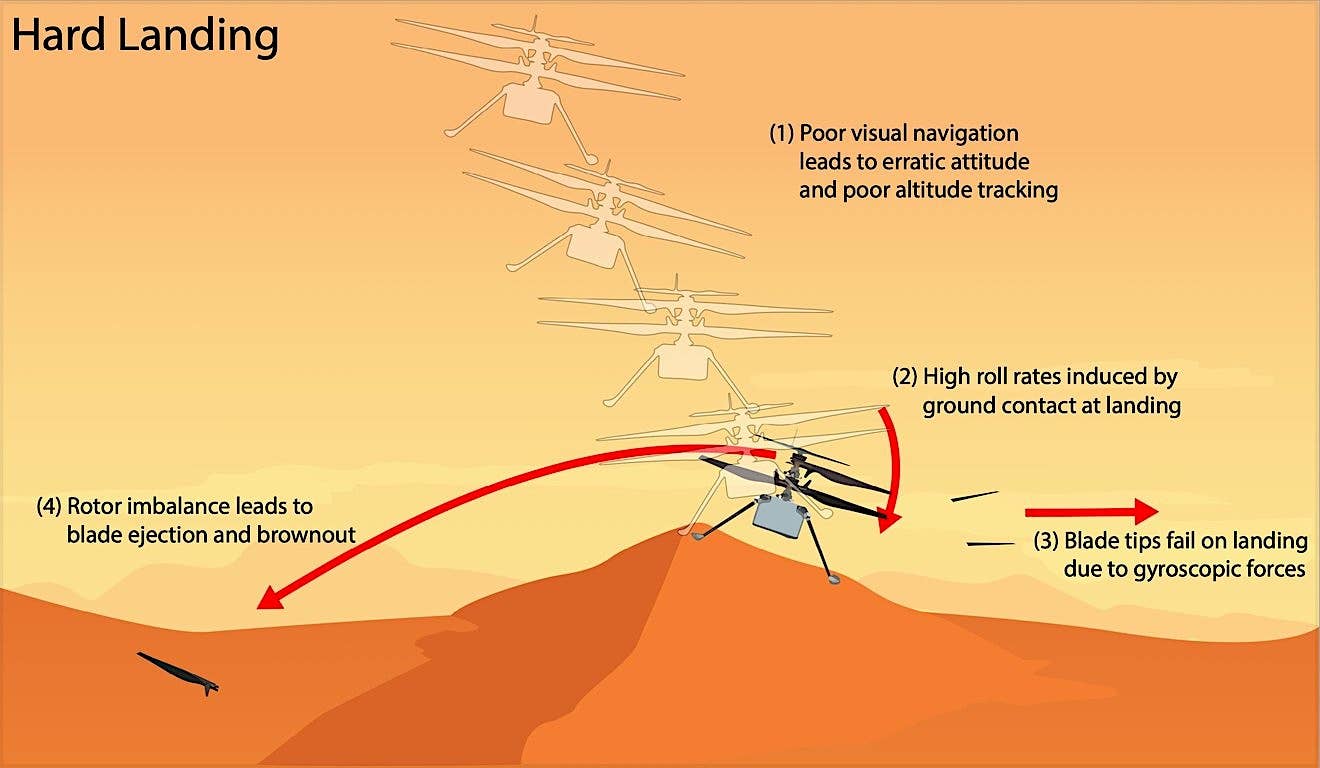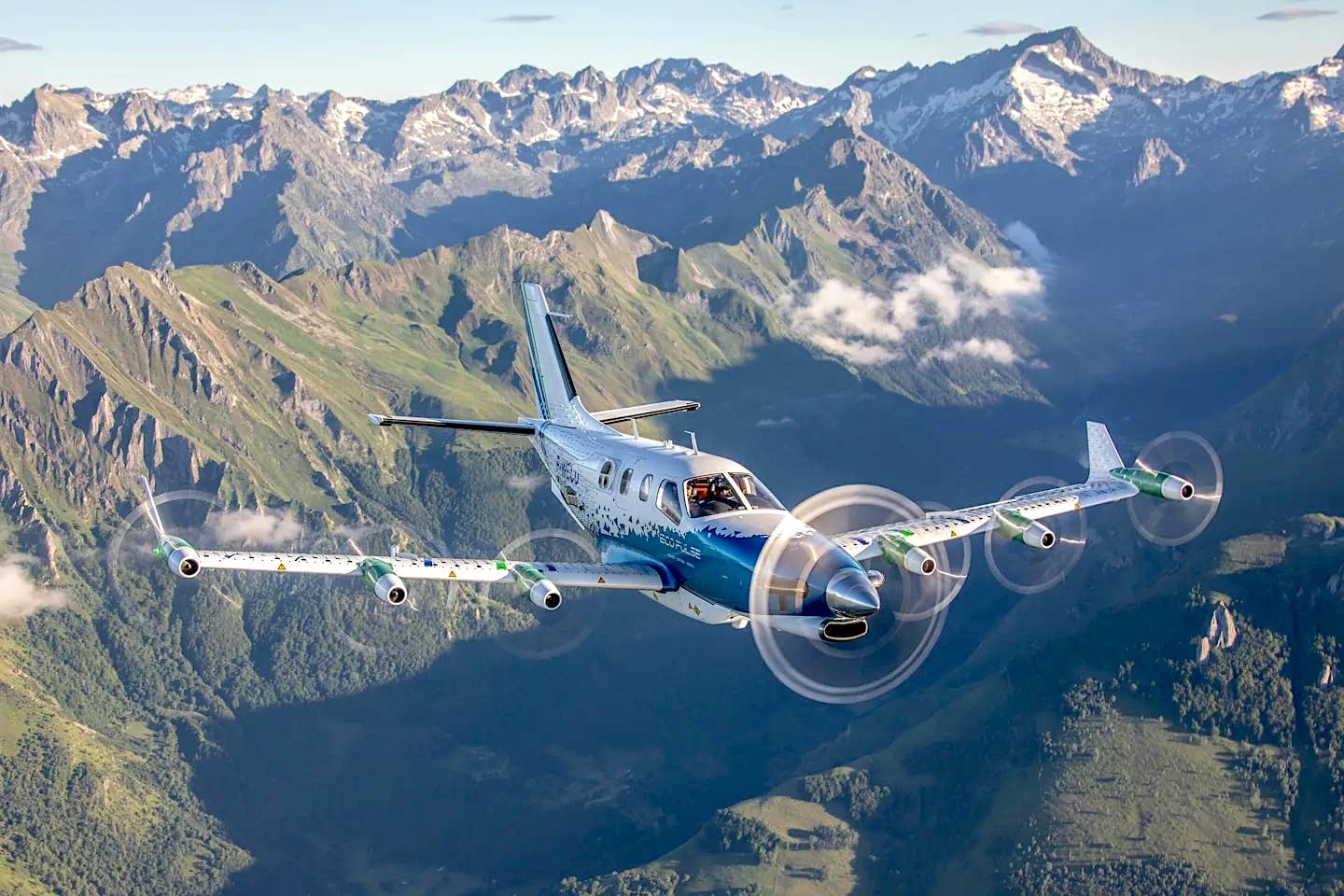Update: Senate Committee Approves FAA Reauthorization Bill
Whether or not to raise the mandatory retirement age for airline pilots from 65 to 67 is high on the list of issues to be discussed at tomorrow’s Executive Session…

Whether or not to raise the mandatory retirement age for airline pilots from 65 to 67 is high on the list of issues to be discussed at tomorrow’s Executive Session on FAA reauthorization. The Senate Commerce, Science and Transportation Committee will meet at 10 a.m. in Washington, as announced today (Feb. 7) by Ranking Member Senator Ted Cruz, R-Texas. The current temporary authorization will expire next month. Those interested in watching the executive session can access the feed live on the committee website.
In a letter to the committee, FAA Administrator Mike Whitaker warned against taking such action without appropriate research, despite the challenges of a worsening worldwide pilot shortage. He wrote, “We recognize that other countries have not conducted research prior to increasing their upper age limit, but in the United States, we have the largest most complex system in the world … In the case of possibly implementing an increase in pilot age, we believe it is crucial to provide the agency an opportunity to conduct research and determine mitigations.”
Aviation industry advocates have long cited the urgency of enacting long-term FAA reauthorization, citing the need for continuity and reliable funding for modernization and infrastructure improvements. The fact that the current proposed legislation is still named "The FAA Reauthorization Act of 2023" underscores the fact that there have already been two temporary funding measures enacted since the congressional negotiations began last year.
As to the potentially contentious issue of pilot age, Committee Chair Maria Cantwell, D-Wash., said, “The FAA has made clear that a scientific and safety analysis must come first. That has not happened. Aviation safety is paramount, and now is not the time to take a shortcut.”
Updated Feb. 8: The Senate committee approved the bill today, with no mention of added provisions related to pilot age limits for Part 121 airlines. The bill now goes before the full Senate for consideration. General Aviation Manufacturers Association President and CEO Pete Bunce praised the committee's approval of the bill: "We are particularly pleased to see that the bill includes provisions to improve the FAA’s rulemaking process, strengthen the agency's international effectiveness, support workforce development, maintain sustainability efforts and foster agency and industry innovation. We commend the committee for advancing this important legislation and are grateful for the work of Senators Cantwell, Cruz, Duckworth and Moran for championing the bill. We are hopeful that the House and Senate will work in a coordinated and expedient manner to advance a final bill through Congress in the near term.”






